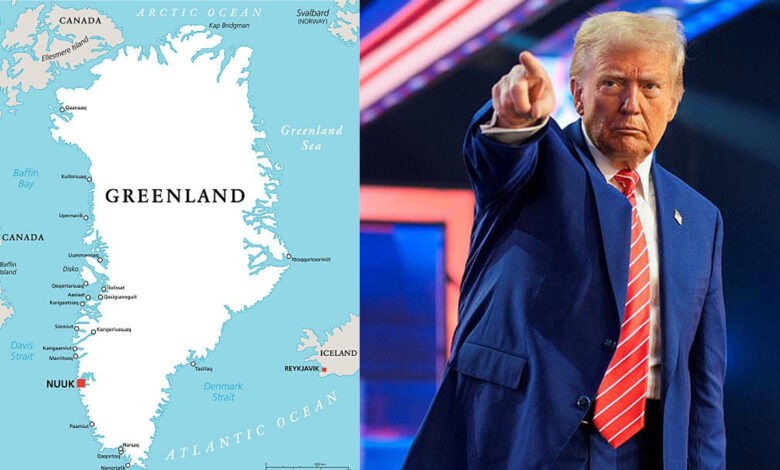
Greenland’s Prime Minister Múte Egede has rebuffed comments made by U.S. President-elect Donald Trump regarding the ownership of Greenland. Trump reignited the debate over the control of the world’s largest island by suggesting that U.S. “ownership and control” of Greenland is vital for national security.
“Greenland is ours. We are not for sale and will never be for sale. We must not lose our long struggle for freedom,” Egede declared in a written comment, emphasizing Greenland’s long history with Denmark and its current status as a semi-autonomous territory.
This statement comes in response to Trump’s recent remarks made on Sunday, where he announced the appointment of Ken Howery, previously the U.S. envoy to Sweden, as the ambassador to Copenhagen. Trump’s comments on Greenland’s strategic importance to the United States have sparked discussions on both sides of the Atlantic.
Trump’s interest in Greenland is not new; he had previously expressed a desire to purchase the island during his first term, leading to a diplomatic spat when Denmark’s Prime Minister Mette Frederiksen described the idea as “absurd.” This latest assertion has once again put Greenland in the international spotlight, highlighting the complex dynamics of sovereignty, geopolitics, and the Arctic’s increasing strategic value.
Greenland, with its vast expanse and significant natural resources, including minerals and potential oil reserves, has drawn global attention, especially as climate change opens new maritime routes and resource extraction opportunities in the Arctic.
Egede’s response underscores Greenland’s determination to maintain its autonomy within the Kingdom of Denmark while engaging in international cooperation on its own terms. The Greenlandic government has been advocating for increased recognition and influence in international affairs, particularly concerning Arctic governance, environmental protection, and economic development.
The U.S. interest in Greenland also points to broader geopolitical strategies, with the Arctic becoming an arena for competition among world powers like the U.S., Russia, and China.
As the situation develops, the international community watches closely, considering the implications for Arctic diplomacy, security, and resource management. Trump’s upcoming administration will need to navigate these waters carefully, balancing diplomatic relations with Denmark and respecting Greenland’s stance on its sovereignty.




